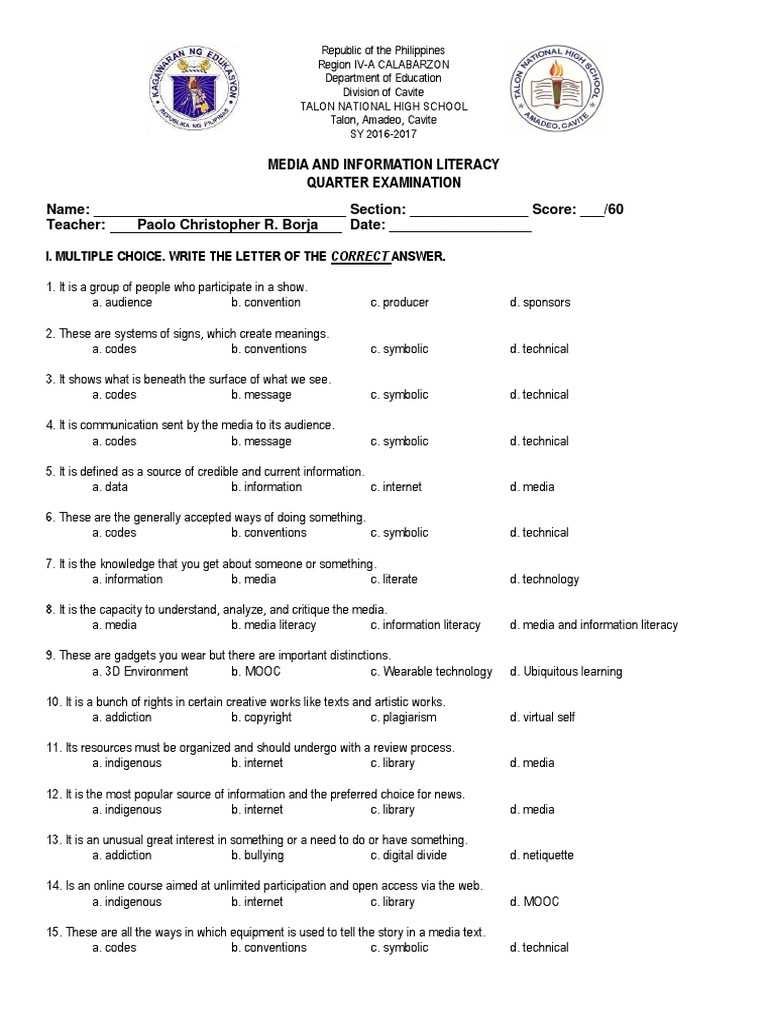
The ability to navigate through complex questions and effectively process relevant materials is essential for success in various fields. This guide explores strategies and tools that help in understanding and tackling challenging evaluations with confidence.
Whether you’re preparing for a critical review or looking to enhance your ability to discern credible resources, sharpening these skills can make a significant difference. By focusing on logical thinking, analytical approaches, and resource management, you can elevate your performance and accuracy.
In this article, you’ll uncover practical advice on enhancing comprehension, refining your approach to sourcing information, and building a foundation for sustainable learning practices. Empower your preparation and gain a deeper understanding of effective methodologies to excel in assessments.
Understanding Key Concepts of Information Literacy
Grasping foundational ideas is crucial for developing a solid framework in any domain. Recognizing core principles enables individuals to approach tasks with clarity and precision, ensuring well-informed decisions and effective outcomes.
Key elements often include identifying reliable sources, distinguishing between fact and opinion, and applying critical thinking to evaluate content. These skills allow individuals to filter vast amounts of material and extract what is truly relevant to their goals.
By mastering these essential aspects, you can enhance your ability to connect diverse ideas, build coherent arguments, and confidently tackle complex challenges. A deeper understanding of these pillars strengthens both academic and practical endeavors.
How to Analyze and Interpret Data

Effectively processing raw details and making sense of them is key to drawing valuable conclusions. This involves organizing, evaluating, and synthesizing material in a way that reveals patterns, insights, and actionable information.
To analyze and interpret effectively, it’s important to approach the material methodically. The focus should be on identifying relationships, discerning relevant from irrelevant content, and forming conclusions that are supported by evidence.
| Step | Action |
|---|---|
| Gather | Collect relevant data from credible and diverse sources. |
| Organize | Structure the data in a clear, logical order to reveal patterns. |
| Assess | Evaluate the reliability and relevance of the content. |
| Draw Conclusions | Interpret the material by making connections and identifying trends. |
By following this structured process, you can more easily understand complex material and derive meaningful conclusions that inform your decisions and actions.
Strategies for Evaluating Reliable Sources
Identifying trustworthy material is crucial for obtaining accurate and credible insights. The process involves assessing the origin, purpose, and quality of resources to ensure they meet the required standards for validity and relevance.
Assess the Source’s Authority
One of the first steps in evaluating a resource is determining the expertise of the author or publisher. Reliable sources are typically created by individuals or organizations with established knowledge or credentials in the subject area. Checking the qualifications, affiliations, and reputation of the author can provide valuable context for assessing the reliability of the material.
Check for Objectivity and Accuracy
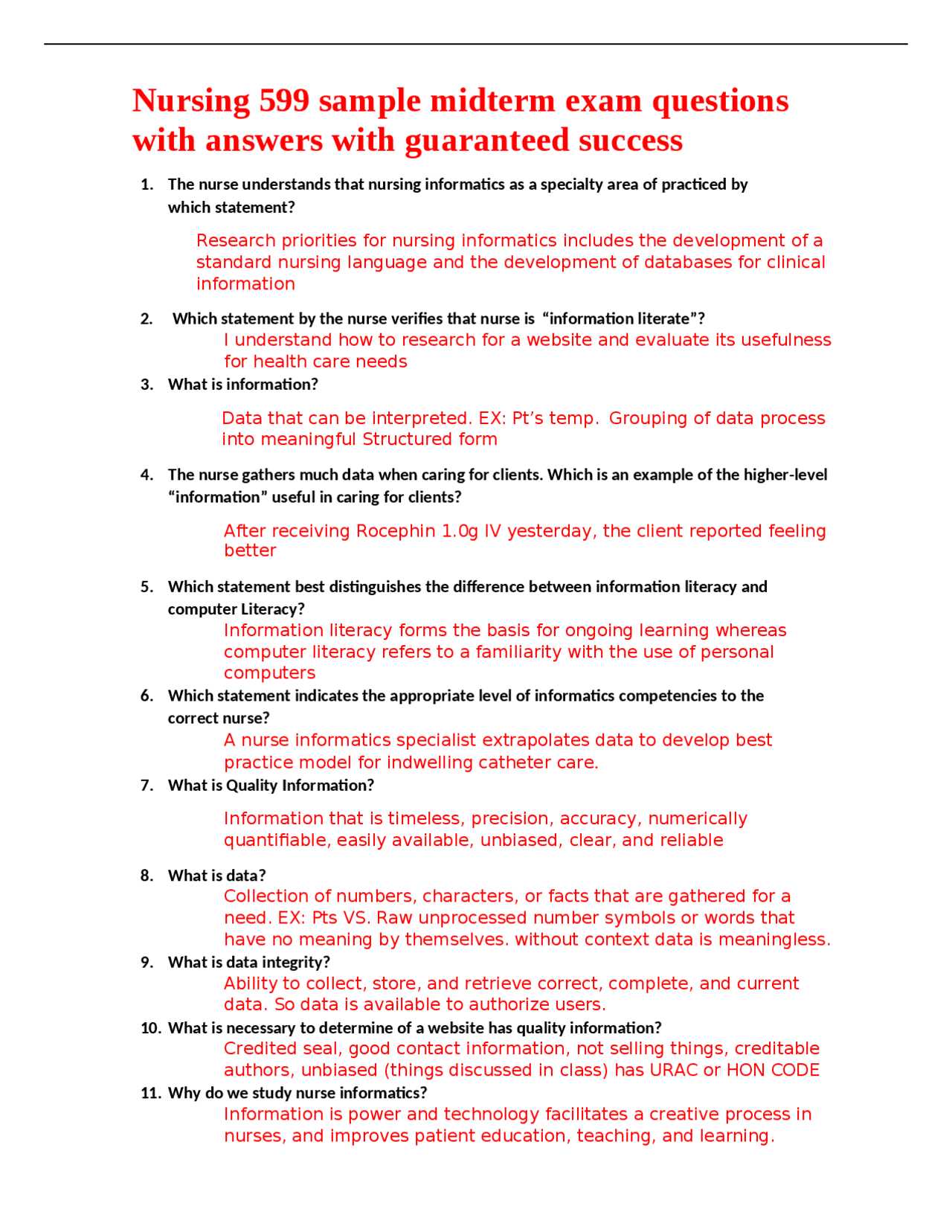
Analyzing the content for bias and accuracy is another key factor. Credible sources aim to present facts objectively and support claims with verifiable evidence. Look for citations, references, and data to back up the presented arguments. Be cautious of sources that lack a balanced viewpoint or rely on anecdotal evidence.
Tips for Effective Research Techniques
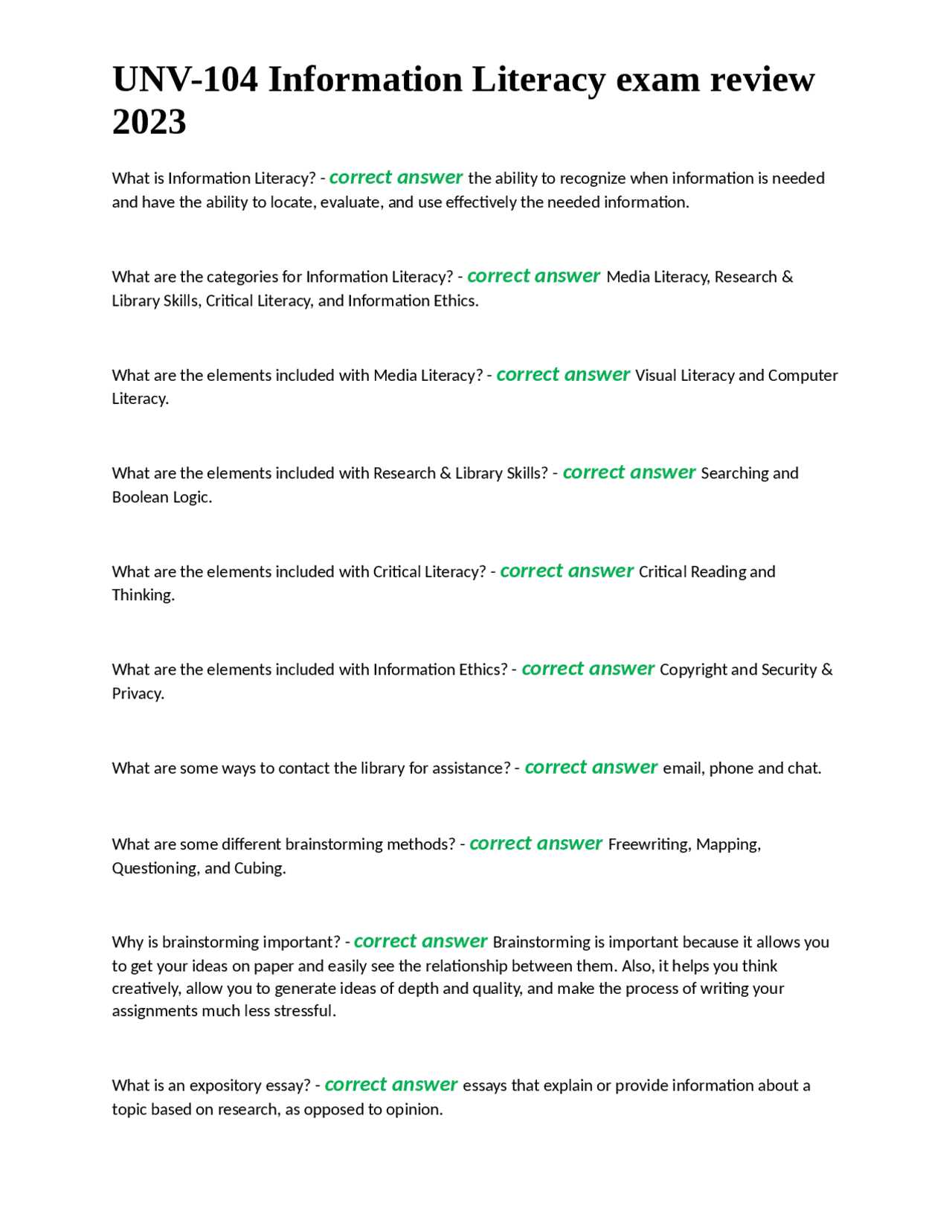
Mastering the process of gathering, analyzing, and synthesizing material is essential for producing reliable and well-rounded findings. By utilizing the right strategies, you can streamline your research efforts and ensure the accuracy of the information you uncover.
Refine Your Search Queries
To gather relevant data efficiently, start by crafting clear and specific search queries. Instead of broad terms, use precise keywords and phrases that align with your research focus. This helps filter out irrelevant sources and directs you to more pertinent material.
Organize and Track Your Findings
Keeping track of your research is essential for maintaining clarity and structure. Use digital tools or traditional methods to organize your sources and notes. By categorizing information, you can easily revisit and evaluate the content, ensuring that your conclusions are based on a comprehensive set of data.
Recognizing Bias in Online Information
In the digital age, it’s crucial to develop the ability to identify slanted or one-sided perspectives in the material we encounter. Understanding how bias manifests in content helps ensure that the information you use is balanced and objective, leading to more reliable conclusions.
Bias can appear in various forms, such as selective presentation of facts, emotionally charged language, or the omission of key details. Being aware of these signs allows you to critically assess content, questioning whether it offers a full, unbiased representation of the topic.
Developing Critical Thinking Skills
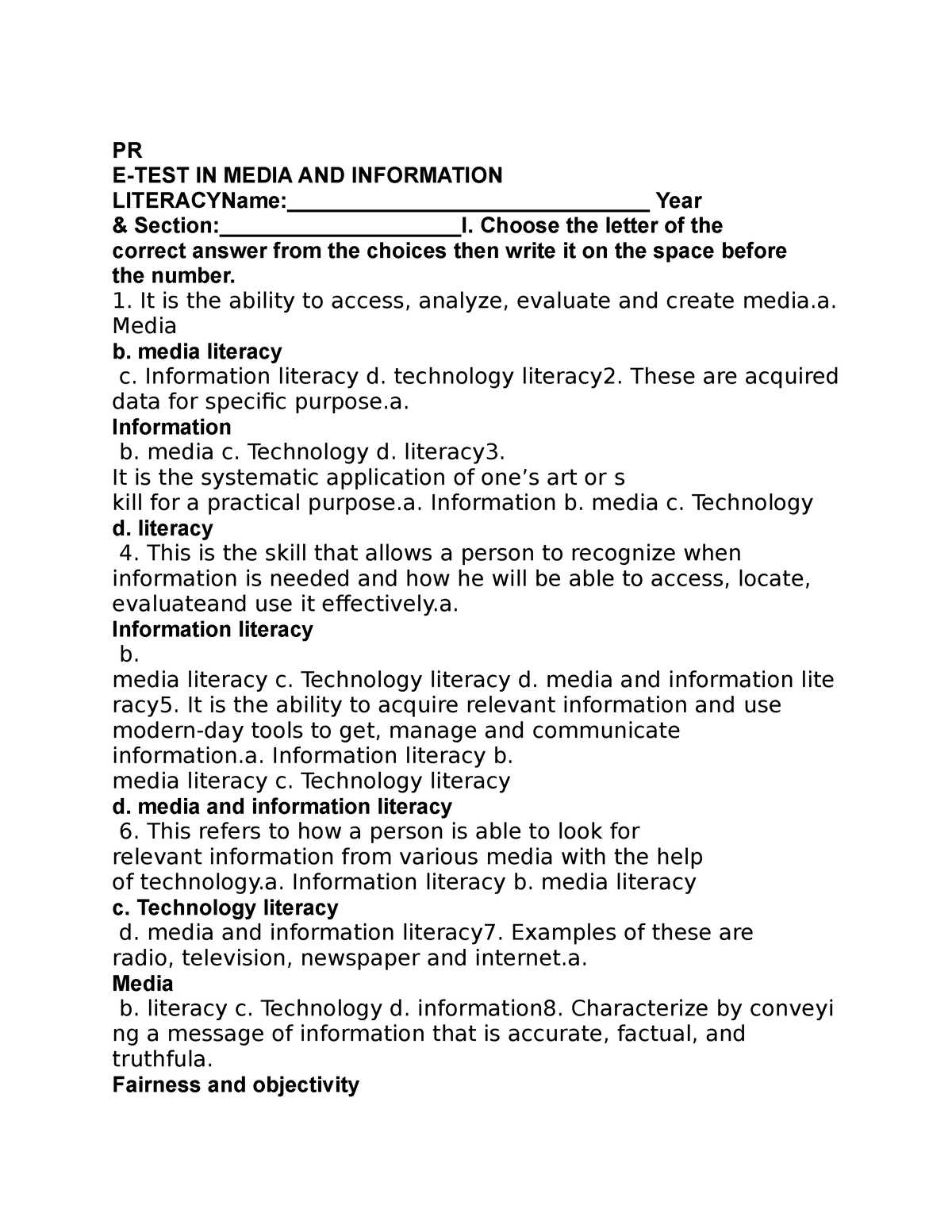
Building the ability to analyze and evaluate arguments and information is key to making sound judgments. Critical thinking involves actively questioning, assessing evidence, and drawing logical conclusions based on facts rather than assumptions or emotions.
To strengthen your thinking, focus on recognizing patterns, evaluating sources, and considering multiple perspectives. This approach enables you to identify inconsistencies, avoid common pitfalls, and form reasoned opinions supported by well-founded evidence.
Preparing for Knowledge-Based Assessments
Effective preparation for assessments that test your understanding and recall of concepts requires a strategic approach. It’s important to focus on reviewing key material, organizing your knowledge, and practicing how to apply it under time constraints.
Focus on Core Concepts
Begin by identifying the most important ideas and frameworks relevant to the assessment. Concentrating on core concepts and understanding how they interconnect will help you retain the material more efficiently and recall it when needed.
Practice with Mock Tests
Simulating real test conditions with practice questions or mock assessments allows you to improve your time management and stress handling. This also helps you identify areas of weakness, allowing you to refine your understanding before the actual assessment.
Mastering Digital Research Tools
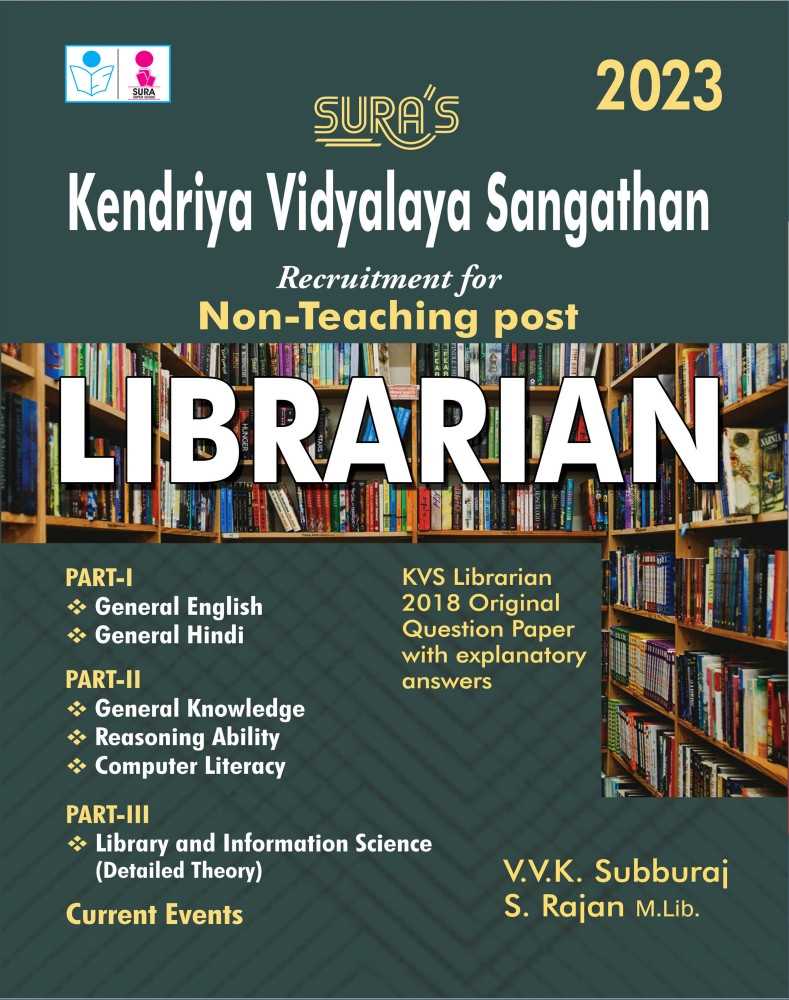
In today’s world, mastering digital tools for research is essential for accessing accurate and up-to-date resources. These tools streamline the process of gathering, organizing, and analyzing data, making it easier to find reliable information quickly.
To effectively utilize these tools, consider the following strategies:
- Search Engines: Use advanced search features to filter and refine your results.
- Databases: Explore academic and professional databases to find peer-reviewed journals, articles, and papers.
- Reference Management Tools: Tools like Zotero and EndNote help organize and cite sources accurately.
- Online Libraries: Many institutions offer access to digital libraries with books, research papers, and other valuable resources.
By practicing with these digital tools, you can enhance your ability to conduct research more efficiently, ultimately improving the quality of your findings and the speed at which you complete tasks.
Common Mistakes to Avoid During Exams
When preparing for and taking assessments, many individuals fall into certain traps that can hinder their performance. Avoiding these common errors is crucial to ensuring that your knowledge is fully reflected in your results.
Here are some typical mistakes to watch out for:
- Rushing through questions: It’s important to take the time to read each question carefully and think through your response before answering.
- Skipping instructions: Often, key information is hidden in the instructions. Make sure to follow every detail to avoid missing crucial points.
- Overlooking time management: Not allocating enough time for each section can leave you with unfinished tasks. Practice pacing yourself during preparation.
- Failing to review your work: Leaving no time to double-check your answers increases the chances of missing errors. Always leave time for revision.
- Not understanding the format: Make sure you’re familiar with the structure of the test. Understanding whether it is multiple-choice, essay-based, or practical can guide your preparation strategy.
By being aware of these common mistakes, you can approach assessments with more confidence and avoid costly errors that could impact your performance.
Steps to Locate Authoritative References
Finding reliable sources to support your work is essential for producing well-informed and credible results. Whether you’re conducting research for academic purposes or preparing professional content, following a systematic approach can help you identify trustworthy materials.
Here are key steps to locate authoritative references:
- Define Your Topic Clearly: Before searching, ensure that you have a clear understanding of the subject you are researching. This will help you focus on the most relevant sources.
- Use Academic Databases: Utilize online libraries, research databases, and journals to find peer-reviewed articles and credible publications. Examples include Google Scholar, JSTOR, and PubMed.
- Evaluate the Source’s Credibility: Check the author’s credentials, the publisher’s reputation, and whether the content is peer-reviewed or edited by experts in the field.
- Check Publication Dates: For topics that require current information, ensure that the sources are recent. This is particularly important for fields that evolve quickly, like technology or science.
- Cross-Reference Multiple Sources: Always verify the information by comparing it with other reliable references. Consistency across multiple credible sources boosts the validity of the data.
By following these steps, you can ensure that the sources you use are reliable, accurate, and appropriate for your work. The process of finding credible references will help you build a strong foundation for any project, making your work more persuasive and authoritative.
Improving Comprehension of Exam Questions
Understanding the core of a question is crucial to providing the correct response. Often, the key to success in assessments lies in how well you interpret what is being asked. Developing the skill to read questions carefully and thoroughly can make a significant difference in how effectively you address them.
Read Carefully: Always read each question at least twice. The first read-through gives you a general idea of what’s being asked, while a second read-through helps you focus on important details, keywords, or phrases that might indicate what the question requires.
Highlight Keywords: Identify and underline critical terms that reveal the type of response expected, such as “compare,” “contrast,” “explain,” or “analyze.” These guide the way you should approach your answer, ensuring that you don’t miss any essential elements.
Understand the Context: Context is often essential to grasping the full meaning of a question. Pay attention to any preceding information, instructions, or specific terms that may frame your response. Understanding the broader context helps avoid misinterpretation.
Break Down Complex Questions: If a question seems long or complicated, break it down into smaller parts. This makes it easier to understand each element and ensures that you don’t miss any components of the question.
By practicing these techniques, you can improve your ability to comprehend and address questions accurately, leading to more successful outcomes in any assessment setting.
Importance of Ethical Information Use
Using content responsibly is a key aspect of academic and professional integrity. When working with various resources, it’s essential to follow ethical guidelines to ensure that ideas, data, and work from others are properly acknowledged. This not only helps maintain credibility but also upholds fairness and respect within any field.
Here are several reasons why ethical use of resources is crucial:
- Respect for Originality: Acknowledging the work of others by citing sources shows respect for the creator’s intellectual property.
- Prevention of Plagiarism: Failing to properly attribute content can lead to plagiarism, a serious ethical violation that can have professional and academic consequences.
- Maintaining Trust: Accurate citations and honest use of external content build trust with your audience, whether in academic circles or professional environments.
- Encouraging Authenticity: Ethical practices promote original thinking, where creators build upon established knowledge without simply copying or misrepresenting others’ ideas.
- Supporting Accountability: By adhering to ethical standards, you take responsibility for the sources you use and ensure that your work is transparent and verifiable.
Following these principles encourages a fair and honest approach to research, helping maintain the integrity of the work produced and ensuring that all contributors are respected. Ethical use also enhances the quality of your output, as it promotes a deeper understanding of the material and the acknowledgment of various perspectives.
Utilizing Library Resources Effectively
Libraries provide a wealth of tools and materials designed to support research and learning. Whether you are gathering background information, finding in-depth analysis, or exploring new topics, knowing how to access and use these resources efficiently can significantly enhance your academic or professional endeavors.
Here are some tips for using library resources effectively:
- Familiarize Yourself with the Catalog: Most libraries have an online catalog where you can search for books, journals, and other materials. Learn how to use keywords, filters, and categories to narrow down your search.
- Access Databases: Libraries often subscribe to databases that offer peer-reviewed articles, e-books, and other valuable content. Take advantage of these resources to access high-quality materials.
- Ask for Assistance: Librarians are experts in helping users find relevant resources. Don’t hesitate to ask for help with your research or if you need guidance in navigating the library’s systems.
- Explore Special Collections: Many libraries have specialized collections, such as archives or rare books, that may not be available online. These can be invaluable for in-depth research on specific topics.
- Use Interlibrary Loan Services: If your library does not have a particular resource, you can often borrow it from another institution through interlibrary loan. This service expands the range of materials available to you.
By making the most of library resources, you can access a wide range of reliable, high-quality materials that can enhance the depth and breadth of your research. Whether through physical or digital collections, libraries are a powerful tool for acquiring knowledge and improving your work.
Understanding Copyright and Plagiarism Rules
When working with written or digital content, it is crucial to understand the rules governing the use and sharing of others’ work. Respecting intellectual property ensures that creators are acknowledged for their contributions and helps maintain academic and professional integrity. Failing to comply with these rules can lead to legal and ethical consequences.
Here are some key points to consider:
- What is Copyright: Copyright grants the creator of original work exclusive rights to its use and distribution. This applies to texts, images, music, software, and other forms of creative work.
- Fair Use and Permission: In some cases, you may use copyrighted content without permission under the fair use doctrine. This applies to commentary, criticism, news reporting, teaching, and research. However, it is essential to understand the limitations and guidelines surrounding fair use.
- What is Plagiarism: Plagiarism occurs when someone uses another person’s ideas, words, or work without proper attribution, presenting it as their own. This can include copying text, images, or even ideas without giving credit to the original source.
- Citing Sources: To avoid plagiarism, always provide proper citations for any work that is not your own. This includes direct quotes, paraphrased material, and ideas that have influenced your work. Different citation styles (APA, MLA, Chicago, etc.) should be followed based on the requirements of your institution or publication.
- Consequences of Violations: Violating copyright or committing plagiarism can result in serious academic or legal consequences, including loss of credibility, legal action, or expulsion from academic programs. It is crucial to ensure that your work is original or properly referenced.
By understanding these rules and taking steps to follow them, you can ensure that your work is both ethical and legally sound. Always give credit where it is due and seek permission when necessary to avoid any unintentional violations.
Practical Tips for Managing Exam Stress
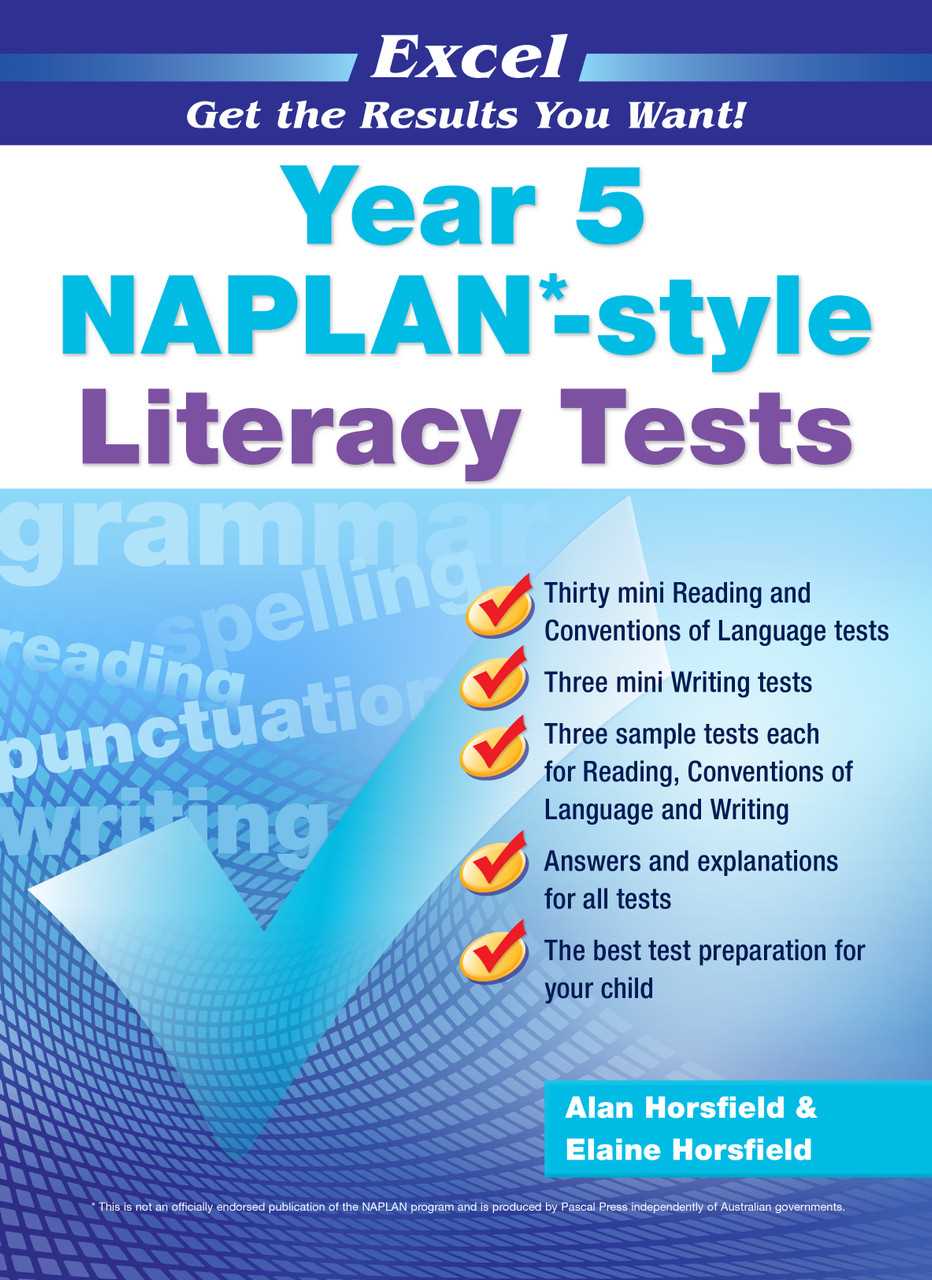
Stress can be a significant barrier to performing well during important assessments. It’s essential to find effective ways to manage pressure so that focus and clarity are maintained throughout the preparation and testing process. By adopting healthy strategies, individuals can improve both their mental and physical well-being, enhancing their overall performance.
Effective Time Management
Proper planning and organization can reduce the sense of urgency and confusion as deadlines approach. Consider the following techniques:
- Create a study schedule: Break down your tasks into smaller, manageable chunks and set specific goals for each study session.
- Prioritize tasks: Focus on the most challenging or important topics first, ensuring that you tackle difficult material when you are most alert.
- Avoid procrastination: Set aside dedicated time each day to study, eliminating distractions during these periods to maintain focus.
Relaxation Techniques
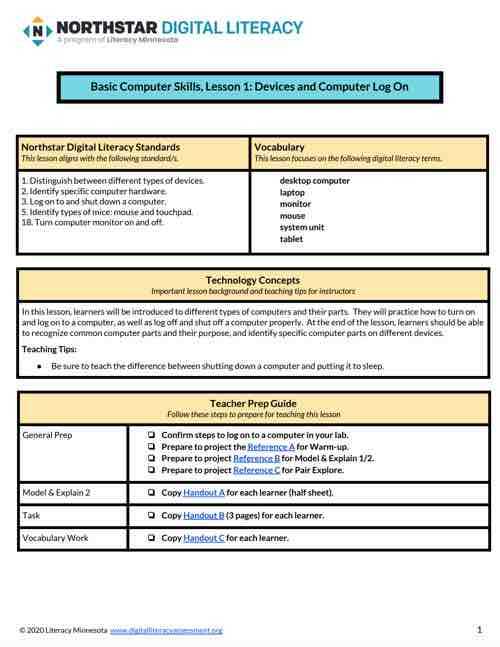
Managing stress also involves taking time to unwind and relax. Incorporate these methods to help calm your mind and reduce anxiety:
- Deep breathing exercises: Taking slow, deep breaths can help lower heart rates and calm your nerves.
- Regular breaks: Study for intervals of 25-30 minutes, followed by short breaks. This allows your brain to rest and stay fresh.
- Physical exercise: Light exercise, such as walking or yoga, can help reduce tension and improve overall focus.
By implementing these strategies into your routine, you can approach your assessments with greater confidence and a clearer mind. Regular practice of time management and relaxation techniques can make a noticeable difference in reducing stress levels.
Leveraging Study Guides for Success
Using study guides effectively can greatly enhance your preparation by organizing content in a way that highlights key concepts and essential information. When utilized correctly, study guides can serve as a powerful tool to streamline learning, reduce confusion, and ensure that important topics are thoroughly reviewed before an assessment.
Maximizing the Effectiveness of Study Guides
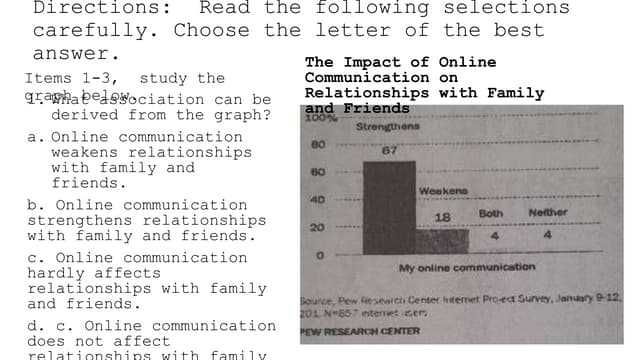
Study guides should not be passively read through but actively engaged with. Here are some strategies to make the most of them:
- Focus on key topics: Identify and highlight major themes or concepts in the study guide that are most likely to appear in the assessment.
- Break down complex sections: If a topic seems overwhelming, divide it into smaller sections and tackle each part individually.
- Use active recall: Try to remember the material without looking at the guide, then check your answers to reinforce retention.
Study Guide Format and Organization
Not all study guides are created equal. The format and structure of the guide can play a critical role in its usefulness. Below is a sample structure for an effective guide:
| Section | Description | Study Tip |
|---|---|---|
| Key Terms | A list of important terms and definitions | Flashcards are great for memorization |
| Concepts | Summarized explanations of major theories or ideas | Write brief summaries in your own words |
| Practice Questions | Questions that mimic the style of the assessment | Answer them under timed conditions |
| Additional Resources | References to books, articles, or videos | Explore them for deeper understanding |
By using study guides with a focused approach, you can enhance your preparation and improve your confidence heading into assessments. The combination of active engagement with well-organized content will lead to better retention and understanding of the material.
Enhancing Communication Through Literacy Skills
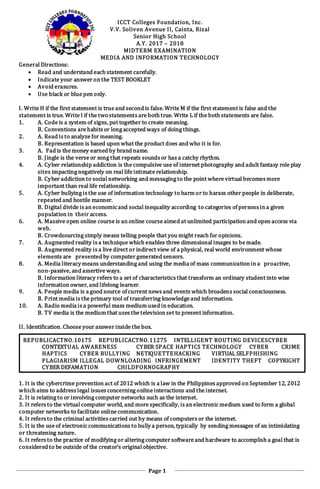
The ability to effectively convey ideas, understand others, and interpret messages accurately is crucial for successful interaction in both personal and professional settings. Mastering fundamental communication skills empowers individuals to express themselves clearly, understand complex material, and engage in meaningful discussions. These skills play a vital role in ensuring that messages are received as intended and can be acted upon appropriately.
Improving Writing and Speaking Abilities
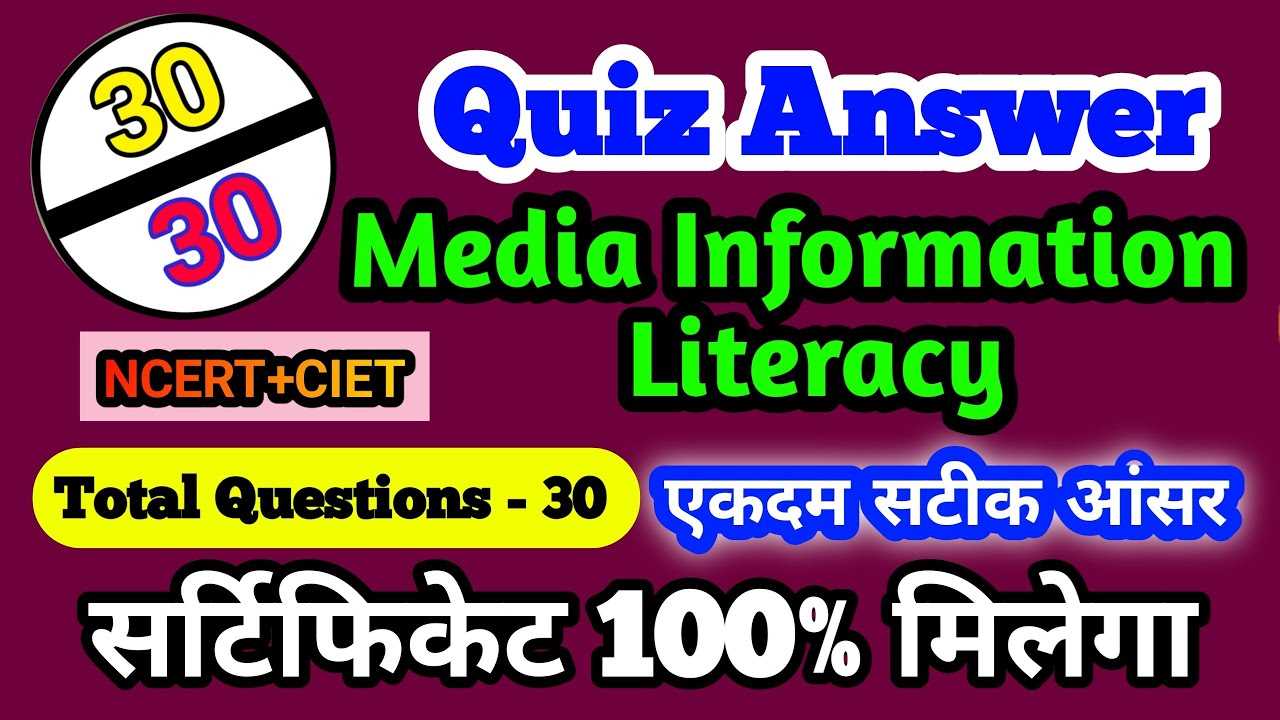
Strong communication relies heavily on both written and spoken forms. Developing proficiency in writing and speaking helps to clarify thoughts and present ideas logically. Here are a few strategies to improve these skills:
- Practice clarity and conciseness: Ensure that both written and spoken messages are clear and to the point, avoiding unnecessary complexity.
- Develop a strong vocabulary: Expanding your vocabulary allows for more precise and effective communication.
- Engage in active listening: Pay attention to others’ words, ask questions, and offer feedback to ensure full understanding.
Critical Reading and Understanding Complex Texts
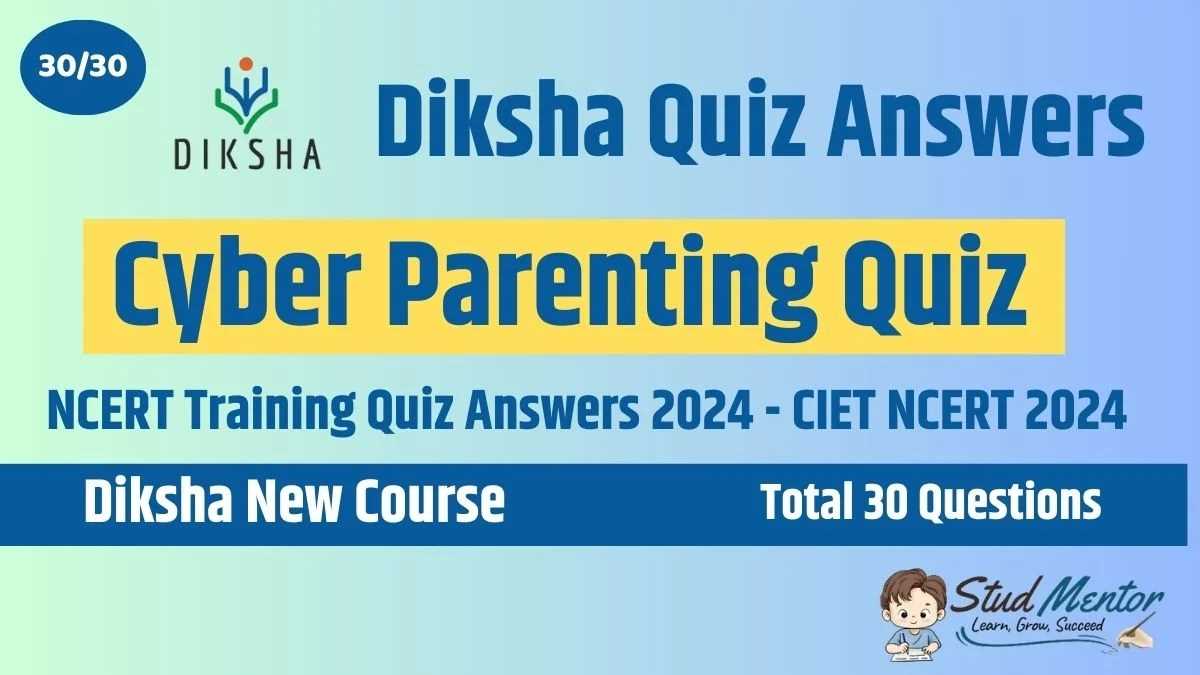
Reading comprehension is a crucial aspect of effective communication. To enhance your ability to understand and analyze texts, consider the following tips:
- Skim for main ideas: Start by identifying key themes and concepts to gain an overview of the material.
- Annotate as you read: Highlight important points, underline unfamiliar terms, and make notes to aid memory and comprehension.
- Ask questions: Challenge yourself to think critically about the material, questioning assumptions and identifying underlying arguments.
Improving communication skills through practice and self-awareness can significantly enhance interactions with others. Mastery of these abilities enables better understanding, stronger relationships, and more effective exchanges of ideas.